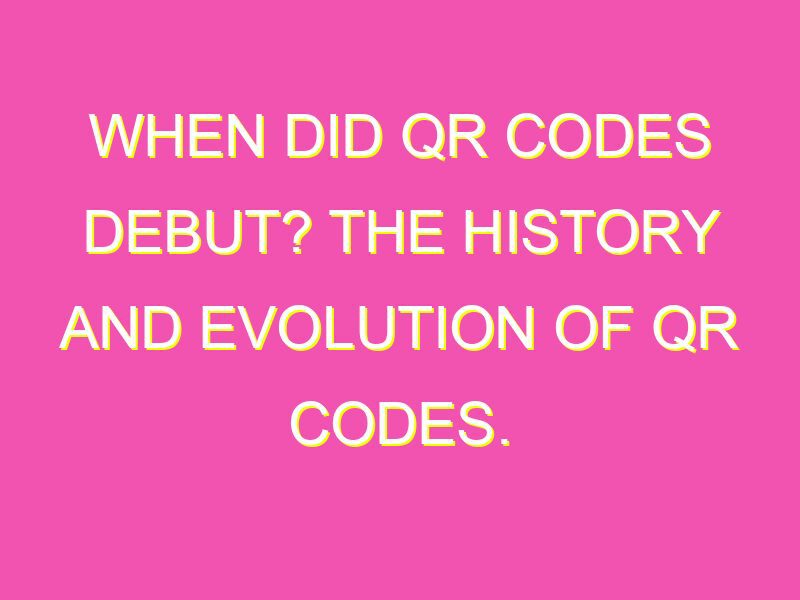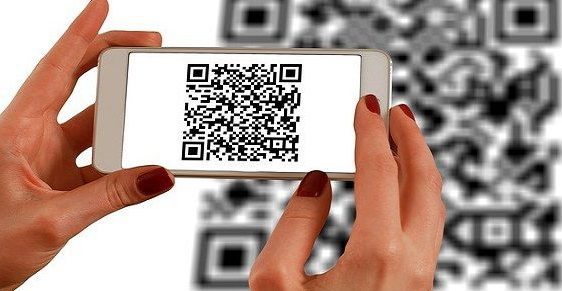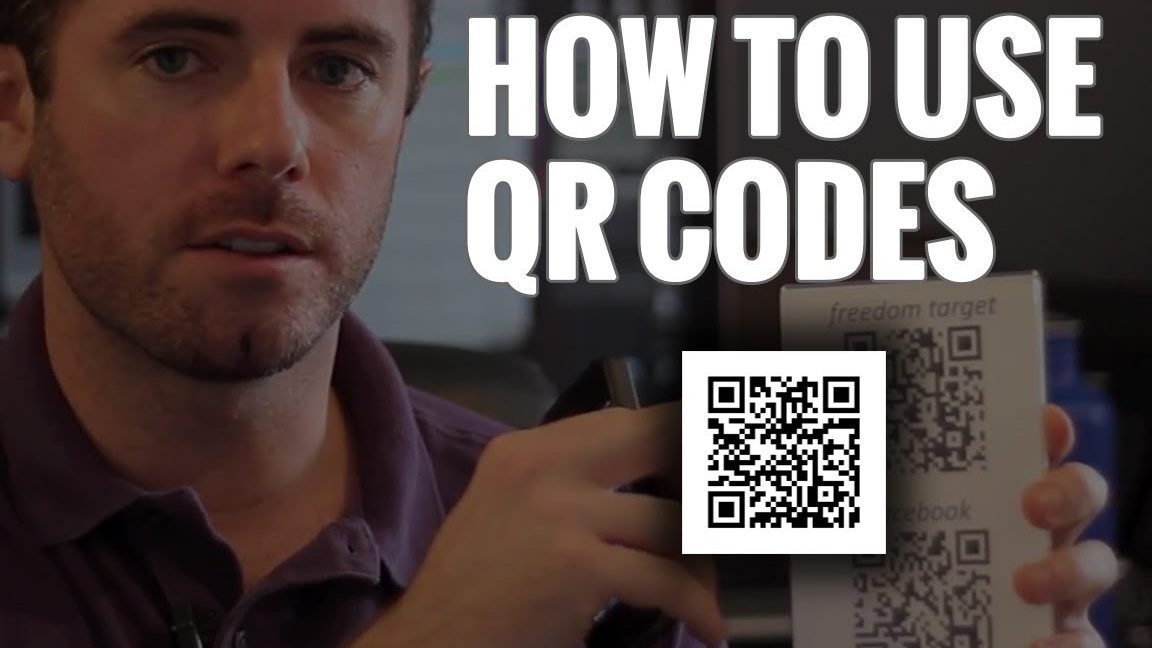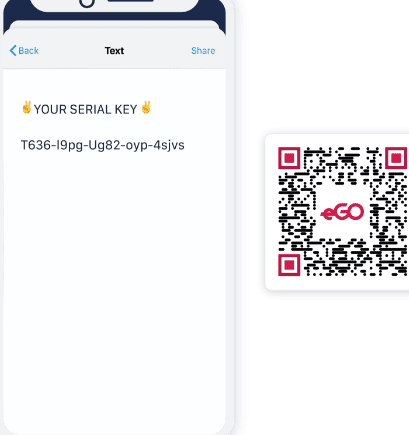QR codes, or Quick Response codes, revolutionised the way we store and share information. Developed in 1994 by Denso Wave, a Japanese automotive company, QR codes were initially used to track vehicles during production. But these two-dimensional barcodes quickly evolved into a versatile technology capable of doing much more. Here are some key points to know about QR codes:
From tracking cars to changing the way we pay, QR codes have made our lives faster and more convenient than ever before. Despite some initial scepticism, they have become an essential tool for modern businesses and savvy consumers alike, offering a quick and easy way to access information and complete transactions.
Origin and History of QR Codes
QR codes, also known as quick response codes, were initially developed in 1994 by Denso Wave, a subsidiary of Toyota. These codes were created with the intention of improving the inventory management process for the automotive industry. Soon after their inception, QR codes were adopted by other industries including logistics, transportation, and healthcare. This facilitated greater efficiency in their operations.
QR Codes: A Product of the Automotive Industry
QR codes were developed by Denso Wave, a subsidiary of Toyota, which wanted to create a barcode that could be decoded at high speeds. The development team at Denso Wave was led by Masahiro Hara, who created the first QR code in 1994. These codes were initially developed for automotive parts management, such as tracking parts in the manufacturing process, but due to their versatility, they were eventually adopted by other industries.
Denso Wave’s Role in the Development of QR Codes
Denso Wave is a Japanese company that specializes in the manufacturing of automotive parts. Masahiro Hara, a Denso Wave engineer, was assigned to create a barcode that could contain more information than traditional barcodes. He began developing QR codes, which use a matrix structure that can store more data than linear barcodes. The QR code was patented by Denso Wave in 1994, and the technology was eventually made open source, allowing for widespread adoption.
The Launch of the First QR Code and Its Reception
Denso Wave unveiled the QR code at a conference in 1994. Initially, the QR code was met with skepticism and disinterest due to the limited capabilities of mobile technology at the time. However, with the rise of smartphone technology and the growing demand for data transmission, QR codes have become a popular method for sharing data. By 2010, QR codes were being used in many industries and had even made their way into mainstream advertising.
QR Codes’ Rise to Mainstream Popularity
With the increasing popularity of smartphones, QR codes became a convenient and viable method for sharing information. In the mid-2000s, QR codes started to appear on products, flyers, and other marketing materials. For example, a QR code could be scanned with a smartphone to access product information or discounts. Despite their popularity, QR codes have faced criticism for being less secure than traditional barcodes and vulnerable to cyber attacks.
QR Codes in Today’s World
QR codes remain a popular method for sharing information, particularly in Asia and Europe. However, their popularity has waned somewhat in the United States, where they are seen as somewhat outdated. Despite this, QR codes remain a convenient method for accessing information quickly and easily. They are commonly used in ticketing, payments, and coupons, among other applications.
QR Codes for Marketing and Business
QR codes offer many benefits for businesses, including easy data tracking and customer engagement. By including QR codes on marketing materials, businesses can direct customers to their website or social media channels. Additionally, QR codes can be used to access digital payments, making transactions more seamless. However, it is important to use QR codes in a strategic and meaningful manner to prevent customer fatigue or disinterest.
Conclusion
QR codes may have had humble beginnings in automotive manufacturing, but they have since become a valuable tool for businesses and consumers alike. With their capacity for storing more data than traditional barcodes, they offer convenience and speed in the transmission of information. Despite some skepticism, QR codes have remained a popular choice for businesses looking to increase customer engagement and improve their operations.





